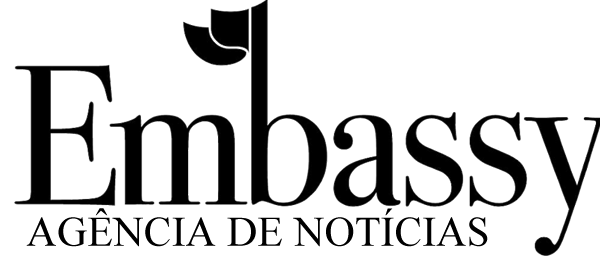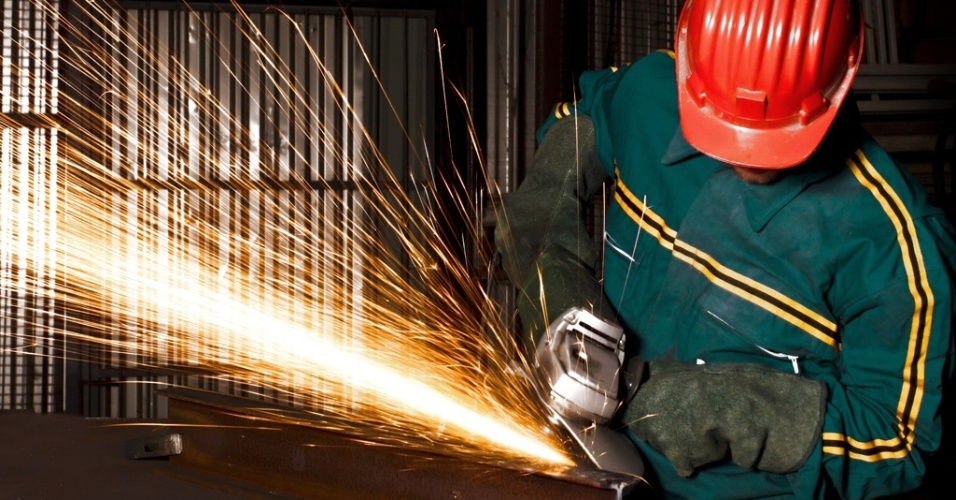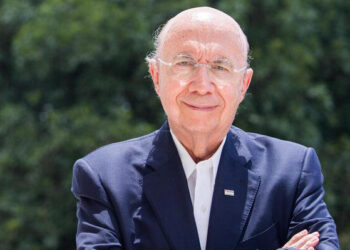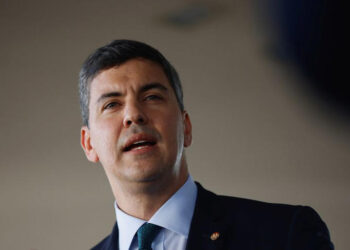Brazilian economists believe that a minor improvement will take place next year, but the country must put its political problems behind it before it can really get growing again.
Agência Brasil*
Brasília – A hint of recovery, lackluster growth, and a tough international scenario. Economists queried by Agência Brasil claim that the economic outlook for 2017 is one of minor improvement over 2016, but the road that leads to a resumption of production and consumption is rocky.
They said Brazil must settle its pending political issues before it can start to grow again, but that isn’t all. Economics professor Virene Matesco, at Fundação Getulio Vargas (FGV), expects Brazil’s Gross Domestic Product (GDP) to grow by 0.5% at most in 2017. She asserts that only once consumers and business owners alike have regained their confidence will the economy recover in full.
“An economic recovery in 2017 ultimately depends on two factors: the overcoming of the political crisis and the approval of measures that show some degree of government commitment to public finances. Only then can the country begin to regroup,” she said.
The chief economist with Gradual Investimentos, André Perfeito, agrees on the repercussions of politics on the economy. “For me, the ongoing crisis is fundamentally political. Will investors keep willing to put money into Brazil while witnessing what’s going on?,” he inquires.
Perfeito has a more somber growth outlook for next year: 0.2%. He says the result could be better if the government were to widen the federal primary deficit for 2017, currently estimated at BRL 139 billion (USD 42.4 billion at the current exchange rate), to kickstart the economy. “A spending hike would be worthwhile, provided that it was temporary and done transparently, but there’s no political headroom for such a move,” he explains.
Industrial organizations aren’t optimistic either regarding the economy next year. The National Federation of Industry (CNI) expects 0.5% GDP growth, with industry expanding by 1.3%. It believes investment will be up 2.3% in 2017, after an 11.2% drop this year. For CNI executive manager Flávio Castelo Branco, idle capacity and high stockpile levels in industry, and financial difficulties among families and businesses are holding back growth.
*Translated by Gabriel Pomerancblum







